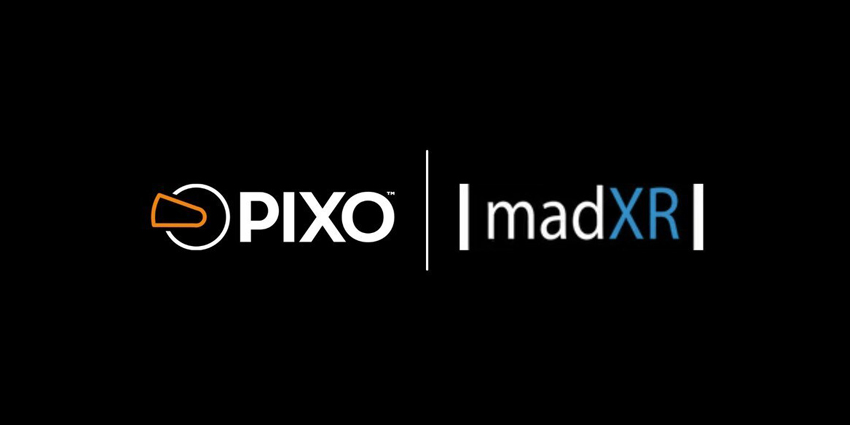The idea has been around in one avatar or another since the early 90s, popularised by video games and scene fiction novels.
It’s only in recent years that the metaverse has gained mainstream momentum. Epic Games announced a staggering $1 billion in investment to build the metaverse, back in April 2021.
Meta followed soon after with its rebrand to Meta and a billion-dollar pivot towards its own metaverse platform. Other companies aren’t far behind.
Niantic, the developers of Pokémon Go, has announced that it will use its fresh flush of $300 million investment to develop metaverse-like experiences.
Kucoin Labs has a new $100 million metaverse fund, and Morgan Stanley mentioned it as the next big investment scheme in an investor’s note.
The examples are endless and suffice to say, the industry is extremely bullish on the metaverse. The technology advancements of the last one decade – blockchain, crypto, interoperability, and affordable VR – means that Neal Stephenson’s dream of the metaverse is close to becoming a reality.
Here’s why it matters more than you may think.
1. It could be the next internet.
Alongside a three-dimensional VR metaverse, there’s another similar concept that’s gaining traction: Web 3.0. Leslie Shannon, Nokia’s Head of Trend Scouting, mentioned this in a VRARA Global Summit talk, speaking about the importance of the metaverse or a spatial internet.
Meanwhile, Deloitte already has a framework in place for the spatial web and Web 3.0, concepts closely linked to the metaverse.
Further, Mark Zuckerberg referred to the metaverse as an “embodied internet” in his Founder’s Letter announcing Facebook’s rebrand.
All of this points in one direction: the metaverse could be the next major online destination where global users congregate, engage, buy, sell, play, and work. It will start out as an alternative to social media and eventually come to encompass the world wide web as we know it.
2. Work and collaboration will consistently move into the metaverse.
Already in 2020, VR adoption for work, collaboration, and learning/education has increased.
Companies like Spatial that provide a VR alternative to Zoom saw a 1000 percent uptick in usage in this period, and Facebook came out with its own offering called Oculus for Business.
As companies recalibrate around employee expectations and requirements during the new normal, VR will be an important enabler. It will help workers transition to hybrid work and ensure that remote employees enjoy the same degree of engagement and access as their in-office counterparts.
In a recent survey, nearly 2 in 5 respondents said that they are very excited for AR/VR-enabled learning in the workplace. And, as Zoom fatigue sets in, the metaverse could be a compelling alternative for many.
3. There are exciting investment opportunities to be had.
The metaverse will inspire a bustling new economy at every level. For content creators and VR developers, it means another source of monetisation.
A crypto-based economy would also allow fairer incentivisation of content and regular royalties. Apart from this, venture capitalists are also eager to get in on the early action in the metaverse market and invest in promising startups. Any one of these startups could be your new Facebook, and early investors could shape progress for several years to come.
Once the metaverse is executed, there will be new opportunities through advertising, digital events, e-commerce, etc. – a $1 trillion opportunity by expert estimates.
Finally, let’s not forget the job creation potential of the metaverse. Facebook announced that it would create 10,000 new job openings in Europe alone to build its vision for the metaverse.
Nike has started hiring for virtual material designers for its own “Nikeland” and there were 270 active vacancies mentioning the metaverse in October 2021. Professionals, in future, will find it difficult to ignore this trend.
4. The metaverse has major legal and regulatory implications.
Just like tech giants now dominate the global conversation around user privacy, data rights, cybercrime, and regulations, the metaverse could be the next minefield.
Right now, early WIPs of the metaverse suggest several risks while also being extremely exciting. NFT fraud is a very real possibility, land rights in the metaverse could be in question, and avatars – an extension of your real identity – open up challenging questions.
Today, even if you aren’t a Facebook or Twitter user, it is difficult to avoid concerns around data privacy and misinformation. The same will be true for the metaverse a few years down the line.
That’s why organisations, regulatory bodies, advocacy groups, and individual users need to consider this as a “big deal” to pre-empt similar or even more complex repercussions later down the line.
5. We are only an interoperability-leapfrog away from a true metaverse.
The most common argument for why the metaverse may not be such a big deal is that it is several years or even decades away.
In a recent US survey, one-third of respondents said that they have never heard of the metaverse and only 36% were interested in participation.
Those aged 30 and above (the majority of the working population) showed significantly lower interest than younger respondents.
But the metaverse may not be as far-fetched or far away as we think. In his Founder’s Letter, 2021, CEO Mark Zuckerberg put forward an estimated timeline. He noted:
Our hope is that within the next decade, the metaverse will reach a billion people, host hundreds of billions of dollars of digital commerce, and support jobs for millions of creators and developers
Given that Meta took eight years to go from 1 million to 1 billion users, we can expect the first iteration of the company’s metaverse to be available sometime in 2023.
That’s only about two years away, and all the foundational infrastructure is already in place in the form of a sophisticated global blockchain network, ergonomic VR design, scalable AI, and last-mile internet connectivity in most parts of the world.
This is precisely why the metaverse is such a big deal: because it is knocking right at the gates.







